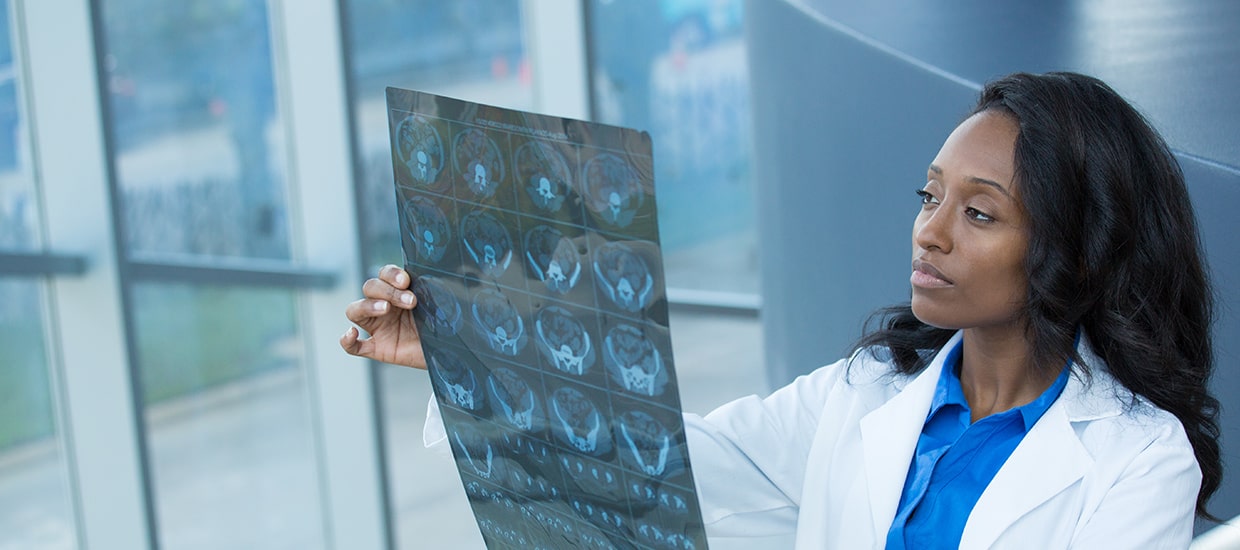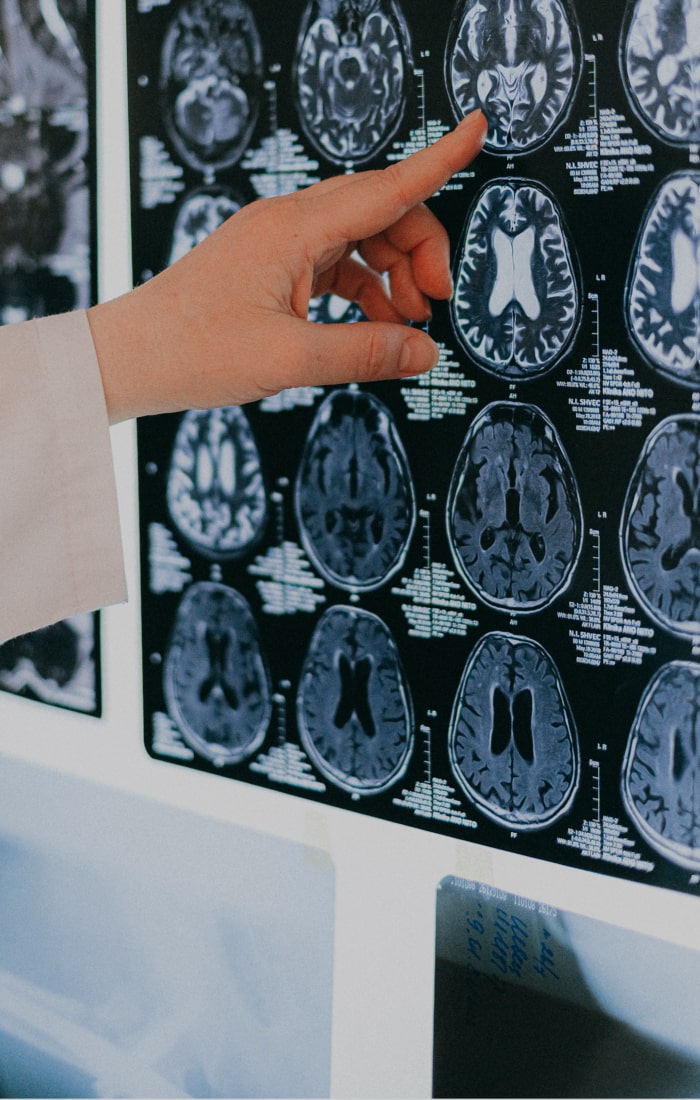Description
The Radiologic Technology program prepares students for entry-level positions as radiologic technologists producing radiographic images in accordance with standardized practices and procedures. The proposed program integrates didactic, laboratory and clinical experiential learning.
Objectives
This program is designed to provide instruction to prepare students in the routine, general and fluoroscopic procedures, special procedures, and use of specialized equipment and techniques. Graduates will be able to:
- Communicate within a healthcare setting.
Student Learning Outcomes
- Students will communicate with patients
- Students will demonstrate entry-level communication readiness
- Students will communicate with members of the healthcare team
- Apply critical thinking skills.
Student Learning Outcomes
- Students will perform non-routine procedures
- Students will competently perform image evaluation and analysis
- Students will demonstrate radiation safety considerations
- Demonstrate professional and ethical behavior.
Student Learning Outcomes
- Students will abide by professional policies
- Students will exhibit ethical behavior
- Demonstrate clinical competency.
Student Learning Outcomes
- Students will demonstrate readiness for clinical practice
- Students will achieve appropriate clinical competency level
Admission Requirements
- Have a high school diploma or GED
- Pass the entrance exam
- Background check and drug screening, as applicable
- Successful completion of Natural Sciences, Mathematics, English and two additional pre-requisite general education courses with a minimum grade of “C” or higher
- Cumulative grade average of 3.0 on a 4.0 scale in completion of all general education courses
Radiologic Technology Associate in Applied Science Degree
Campus Information
Method of Delivery
Course Outline
To receive an Associate in Applied Science Degree in Radiologic Technology, students must complete 61.0 semester credit hours in their major and 24.0 semester credit hours in general education courses for a total of 85.0 semester credit hours. This degree program can be completed in 24 months for full-time students.
View More
Radiologic Technology Major Courses (61.0 credit hours)
General Education Courses (24.0 credit hours)
Behavioral/Social Science (3.0 credit hours)
Communications (3.0 credit hours)
Computers (3.0 credit hours)
English (3.0 credit hours)
Humanities/Fine Arts (3.0 credit hours)
Mathematics (3.0 credit hours)
Natural Science (6.0 credit hours)
Radiologic Technology Associate of Science Degree
Campus Information
Method of Delivery
Course Outline
To receive an Associate of Science Degree in Radiologic Technology, students must complete 61.0 semester credit hours in their major and 24.0 semester credit hours in general education courses for a total of 85.0 semester credit hours. This degree program can be completed in 24 months for full-time students.
View More
Radiologic Technology Major Courses (61.0 credit hours)
General Education Courses (24.0 credit hours)
Behavioral/Social Science (3.0 credit hours)
Communications (3.0 credit hours)
Computers (3.0 credit hours)
English (3.0 credit hours)
Humanities/Fine Arts (3.0 credit hours)
Mathematics (3.0 credit hours)
Natural Science (6.0 credit hours)
Clinic Sites
These locations are subject to change and are assigned on a space available basis. No assignment is guaranteed.
Program Disclosures
Interested in Medical Office Basic X-Ray Technician Program?


